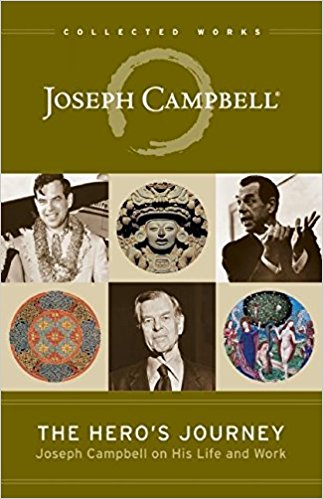One part of the mythological motif of the hero’s journey is acquiescence
One part of the hero’s journey is acquiescence. For instance, I am moving toward death, as we all are. That’s also yielding. And the hero is the one who knows when to surrender and what to surrender to. The main theme is to yield your position to the dynamic. And the dynamic of life is now this form eats that form. Yield.

